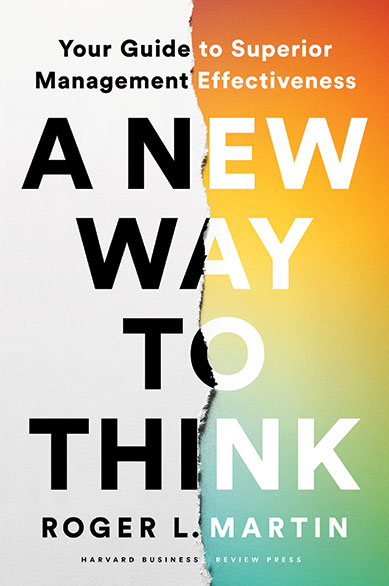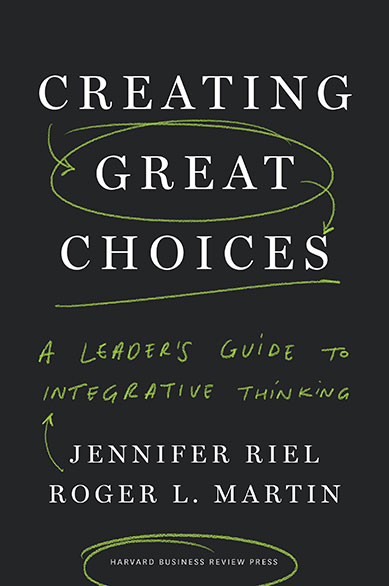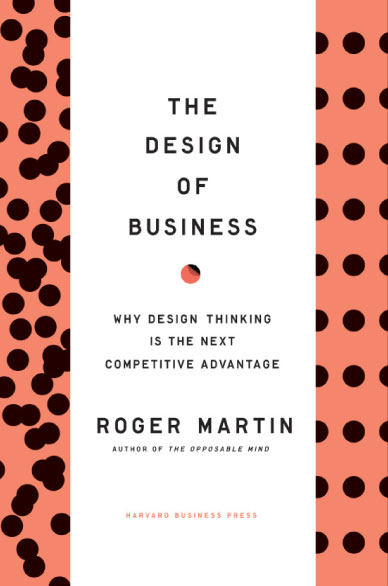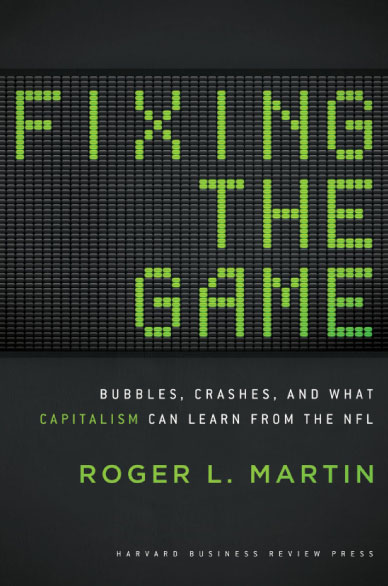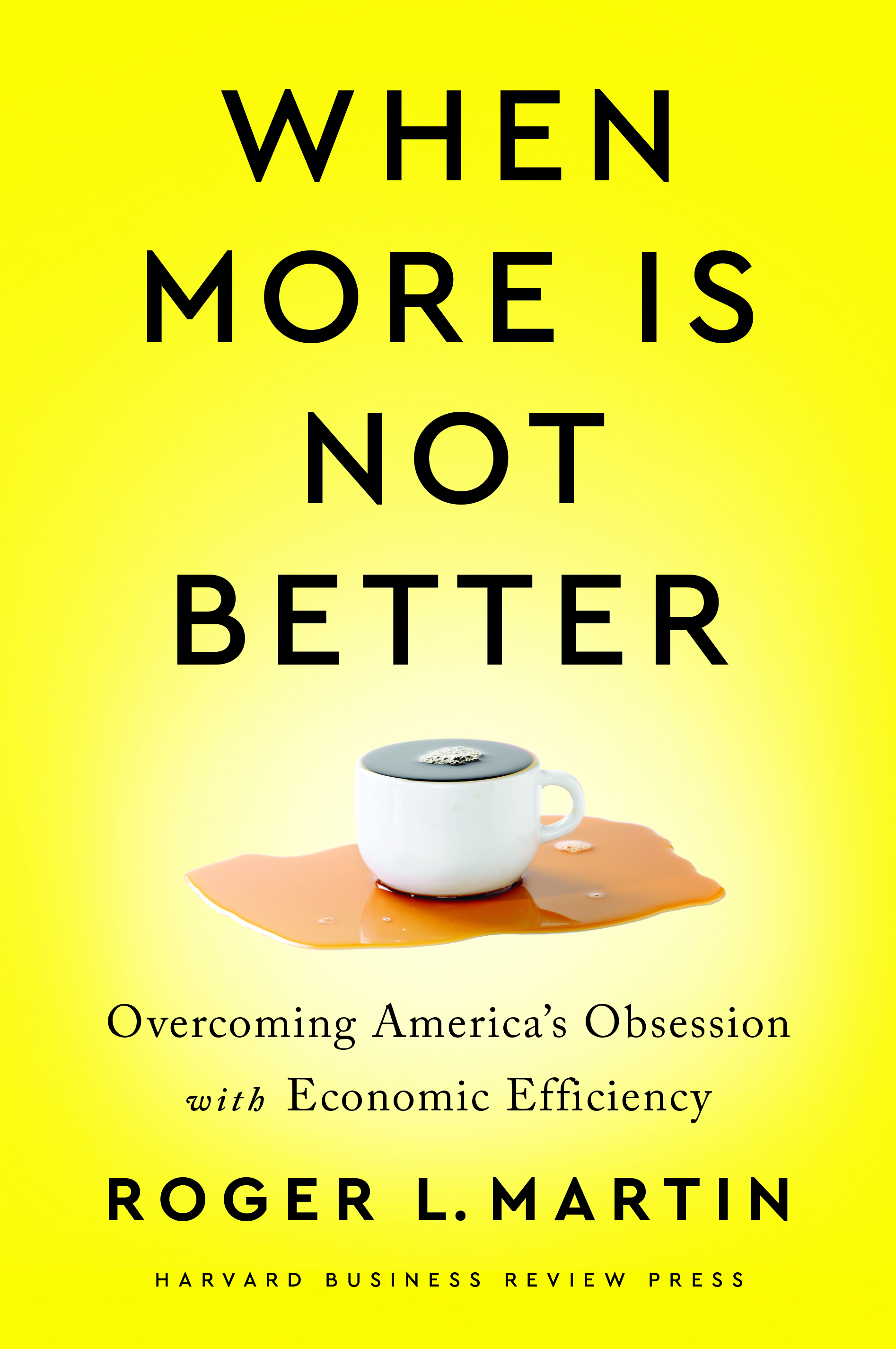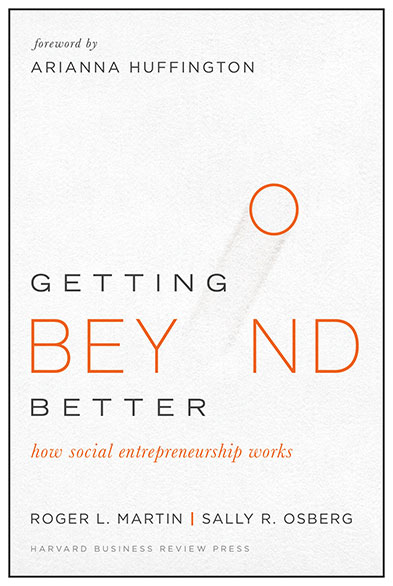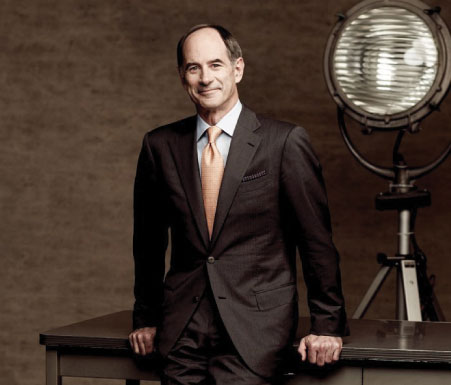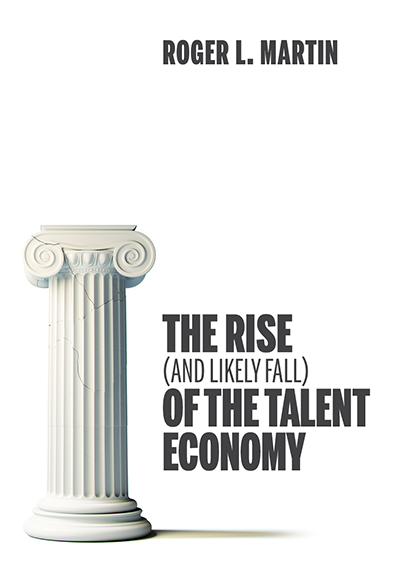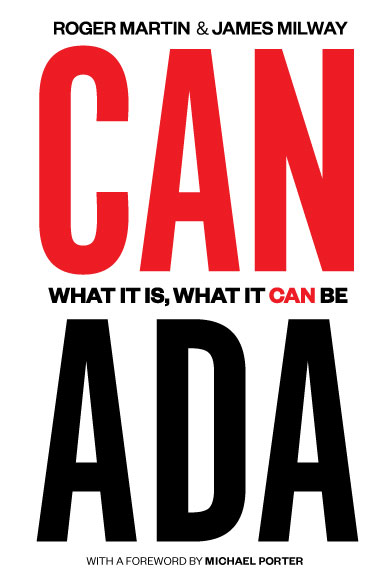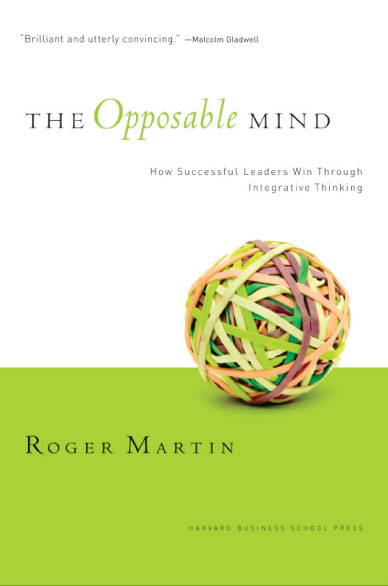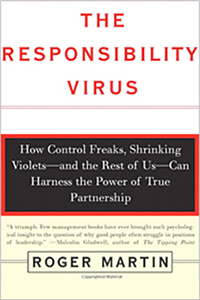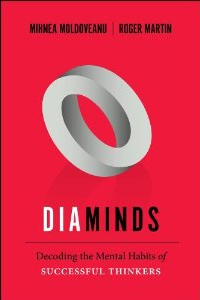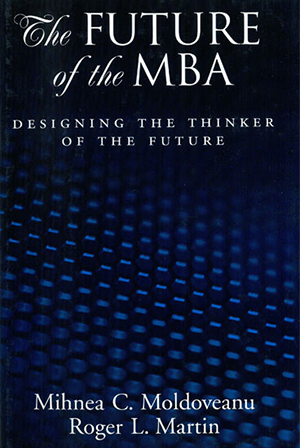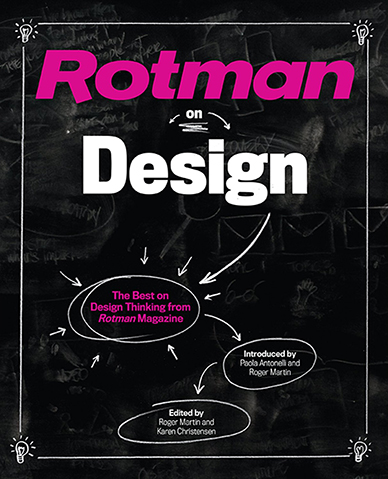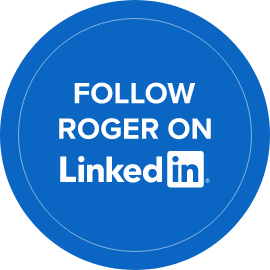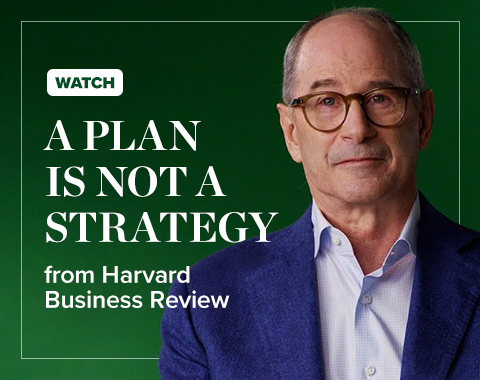-
Getting to Know Me III: The Process By Which I Write
May 5, 2022
-
Getting it Done
May 2, 2022
-
Corporate Purpose & Strategy
April 25, 2022
-
Talent Strategy in 2022
April 18, 2022
-
The Presumption of Guilt
April 11, 2022
-
Strategy, Disruption & You
April 4, 2022
-
Exploiting Analogy
March 28, 2022
-
Who Owns Whom?
March 21, 2022
-
Understanding the True Building Blocks of Corporate Strategy
March 14, 2022
-
Corporate vs. Business Unit Strategy
March 7, 2022
-
How to Get Buy-in for Your Strategy
February 28, 2022
-
The End of Advantage?
February 21, 2022
-
The Great Resignation Should be No Surprise
February 14, 2022
-
Are You Building a Strategy Tower of Babel
February 7, 2022
-
The Impossibility Theorem
January 31, 2022
-
Strategy & Startups
January 24, 2022
-
Don't Let Them Compel You to be Stupid
January 17, 2022
-
Strategy in High-Growth Industries
January 10, 2022
-
Business Strategy and/or Military Strategy?
January 3, 2022
-
Competing Against Big New Entrants
December 27, 2021
-
Is Strategy a Zero-Sum Game?
December 20, 2021
-
How to Make Your Partnerships Strategic
December 13, 2021
-
The Lost Art of Strategy
December 6, 2021
-
Singing the Data Analytics Blues
November 29, 2021
-
The Secret to Knitting Strategy Together Corporate-Wide
November 22, 2021
-
Stop Letting OKRs Masquerade as Strategy
November 15, 2021
-
Strategy and [Re]Organization
November 8, 2021
-
The Role of Industry in Strategy
November 1, 2021
-
A Year of Strategy
October 4, 2021
-
Why Do Strategy, Anyway?
September 27, 2021
-
Strategy & Transformation
September 20, 2021
-
Strategy in the Face of Discontinuity
September 13, 2021
-
The Battle for the Soul of Strategy
September 6, 2021
-
Strategy & Boards of Directors
August 30, 2021
-
Should We Listen to Customers?
August 23, 2021
-
The Proper Role of the Chief Strategy Officer
August 16, 2021
-
Compelling Communication for Your Strategy
August 9, 2021
-
Diversity & Strategy
August 2, 2021
-
Playing to Win & Sales
July 26, 2021
-
Can Your Strategy Pass its Most Important Test?
July 19, 2021
-
It’s All About Confidence
July 12, 2021
-
The Delusion of Revenue Forecasting
July 5, 2021
-
Balancing Exploration and Exploitation
June 28, 2021
-
Playing to Win & Agile
June 21, 2021
-
It’s Time to Accept that Play for Performance Doesn’t Work
June 14, 2021
-
Asking Great Strategy Questions
June 7, 2021
-
From Strategy to Planning
May 31, 2021
-
Your Personal Playing to Win Strategy
May 24, 2021
-
Overcoming the Pervasive Analytical Blunder of Strategists
May 17, 2021
-
What is Digital Strategy, Anyway?
May 10, 2021
-
Strategists: Stop Obsessing about Averages
May 3, 2021
-
Manipulation of Quantities & Appreciation of Qualities
April 26, 2021
-
It’s Time to Accept that Marketing and Strategy are One Discipline
April 19, 2021
-
It’s Time to Toss SWOT Analysis into the Ashbin of Strategy History
April 12, 2021
-
Can You Be Both Cost Leader & Differentiator?
April 5, 2021
-
The Shift from Pre-Competitive to Competitive
March 29, 2021
-
Where’s the Business Model in Playing to Win?
March 22, 2021
-
Reliability versus Validity in Strategy
March 15, 2021
-
The Role of Strategy in Achieving Managerial Effectiveness
March 8, 2021
-
The Tragic Futility of Investing to Catch Up
March 1, 2021
-
The Motivation for Strategy
February 22, 2021
-
Strategy vs. Planning: Complements, not Substitutes
February 15, 2021
-
The Two Rules that Monopolists Ignore at their Peril
February 8, 2021
-
Distinguishing How-to-Win from Capabilities in Your Strategy Choice
February 1, 2021
-
Playing to Win and Scenario Planning
January 25, 2021
-
My Business is Too Fast-Moving for Strategy
January 18, 2021
-
Is Strategy in B2B Dramatically Different than in B2C?
January 11, 2021
-
The Trap of Presiding Over Strategy
January 4, 2021
-
On the Inseparability of Where-to-Play and How-to-Win
December 28, 2020
-
Strategy & Integrative Thinking
December 21, 2020
-
Strategy & Design Thinking
December 14, 2020
-
Playing to Win for Social Sector Organizations
December 7, 2020
-
Strategy & Time
November 30, 2020
-
Strategy as a Practice
November 23, 2020
-
From Laudable List to How to Really Win
November 16, 2020
-
Strategic Choice Chartering
November 9, 2020
-
Strategy as Problem Solving
November 2, 2020
-
Strategy is What You DO, not What You SAY
October 26, 2020
-
Why I am Skeptical of Low Market Shares
October 19, 2020
-
Is the Opposite of Your Choice Stupid on its Face?
October 12, 2020
-
The Role of Management Systems in Strategy
October 8, 2020
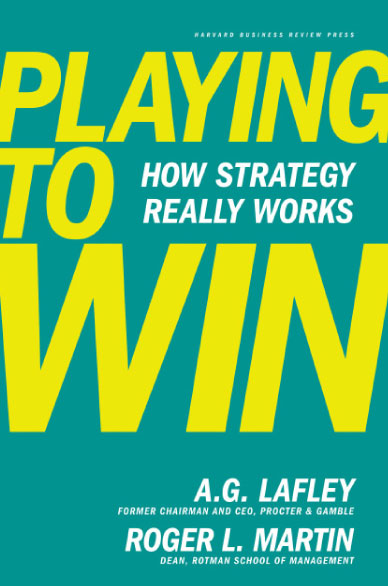 Buy the book
Book roger to speak
Buy the book
Book roger to speak
